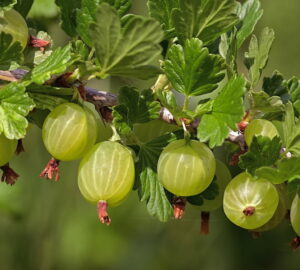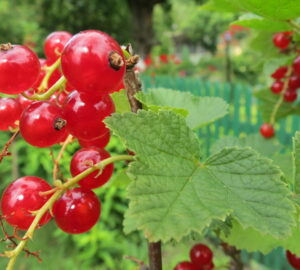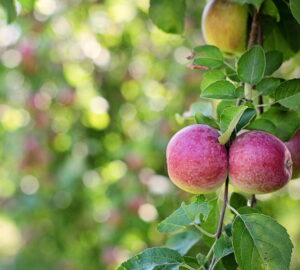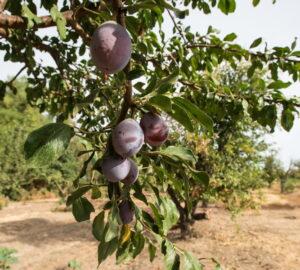Kumquats are a delightful fruit known for their unique taste and versatility. This small, oval-shaped citrus is not only a treat for the taste buds but also a fascinating subject for gardeners and culinary enthusiasts alike. In this article, we’ll explore the origins, cultivation, culinary uses, and interesting facts about kumquats.
Origins and History
Kumquats originated in China and have been cultivated for over a thousand years. They are believed to have been brought to Europe and North America in the 19th century. Their name comes from the Cantonese word “kam kwat,” which means “golden orange.”
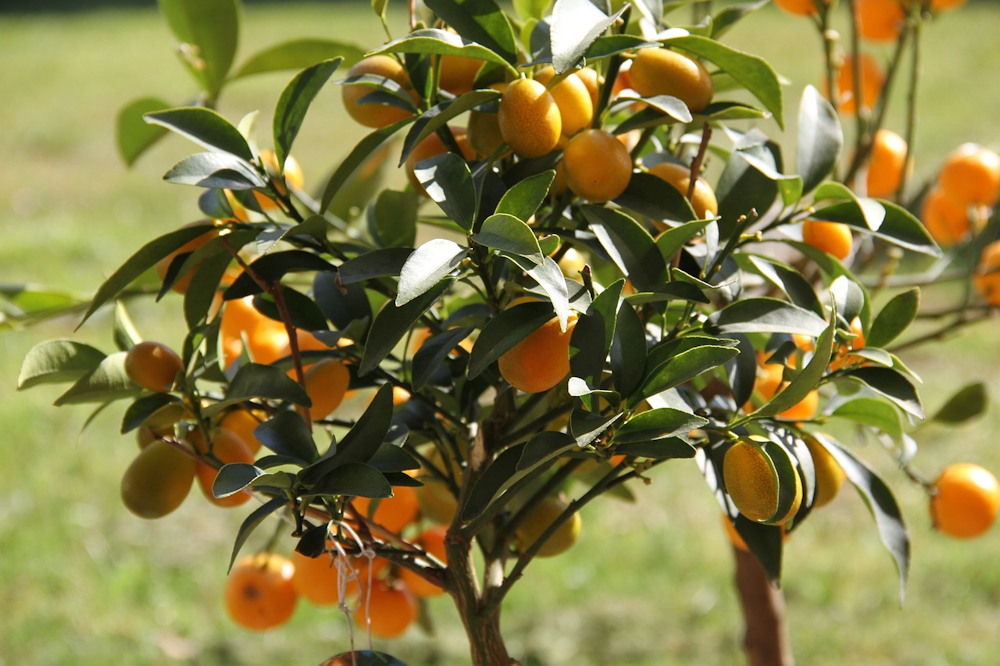
Cultivation Around the World
Today, kumquats are grown in various countries, particularly those with suitable climates. You can find kumquats during holidays in the following countries:
- China
- Japan
- United States (particularly in Florida and California)
- Greece
- Israel
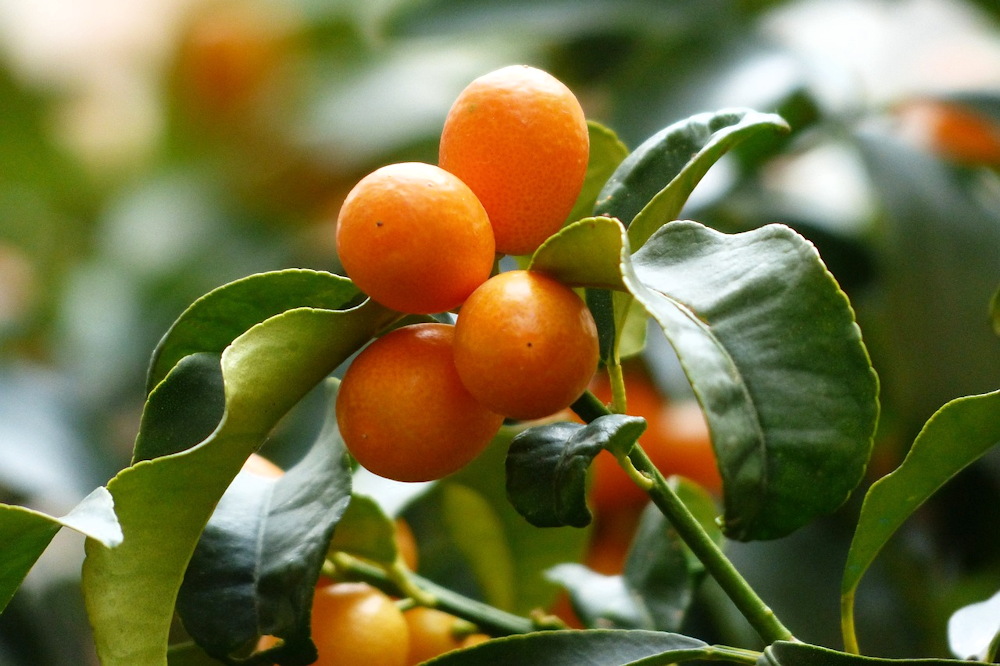
Resemblance to Other Fruits
Kumquats resemble miniature oranges or tangerines, but unlike their larger relatives, they are entirely edible, including the skin. This sets them apart from other citrus fruits and makes them particularly intriguing.
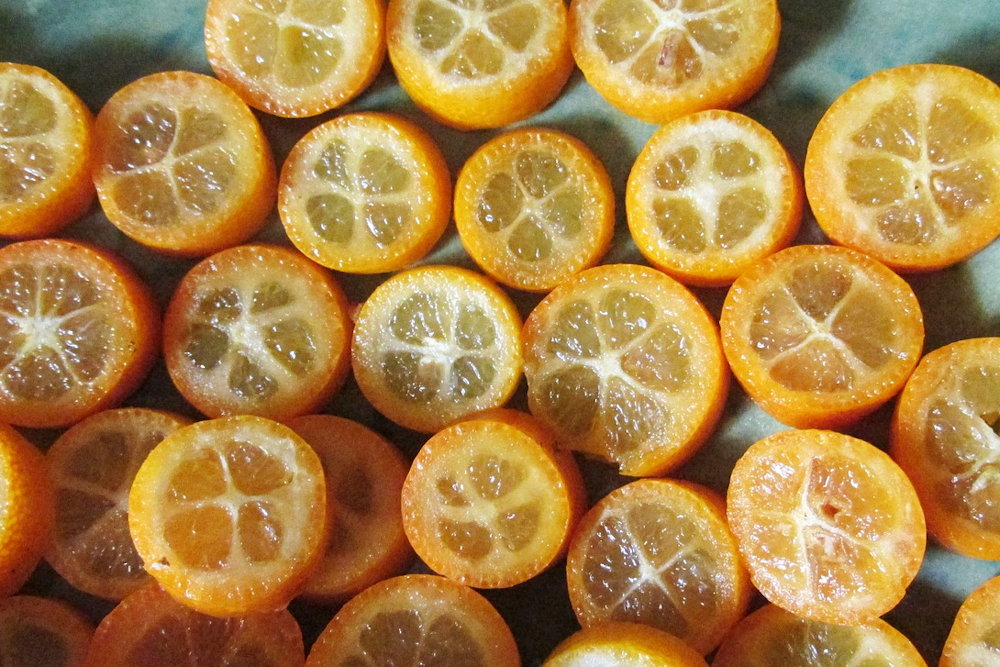
Unique Characteristics
What makes kumquats special?
- Edible skin: The sweet-tart skin contrasts with the slightly sour flesh, creating a unique taste experience.
- Size: They are small enough to be eaten whole, typically about the size of a large olive or grape.
- Versatility: Kumquats can be enjoyed raw or used in various culinary applications.
- High vitamin content: They are rich in vitamins C and A.

Recent Scientific Discoveries: Kumquats’ Hidden Health Powers
In recent years, scientific research has revealed that kumquats possess significant antioxidant and anti-inflammatory properties. A 2020 study found that kumquat extract can effectively reduce chronic inflammation and provide protection against certain diseases. Additionally, researchers discovered that the bioactive compounds in kumquats may contribute to improving cardiovascular health. Studies also suggest that regular consumption of kumquats can help boost the immune system.

Ideal Growing Conditions
Kumquats thrive in warm climates and are best suited for USDA hardiness zones 8-10, which corresponds to regions such as southern Spain, Italy, and Greece in Europe. They prefer full sun and well-drained soil. When grown in gardens, they require minimal care but benefit from regular watering and occasional fertilization.
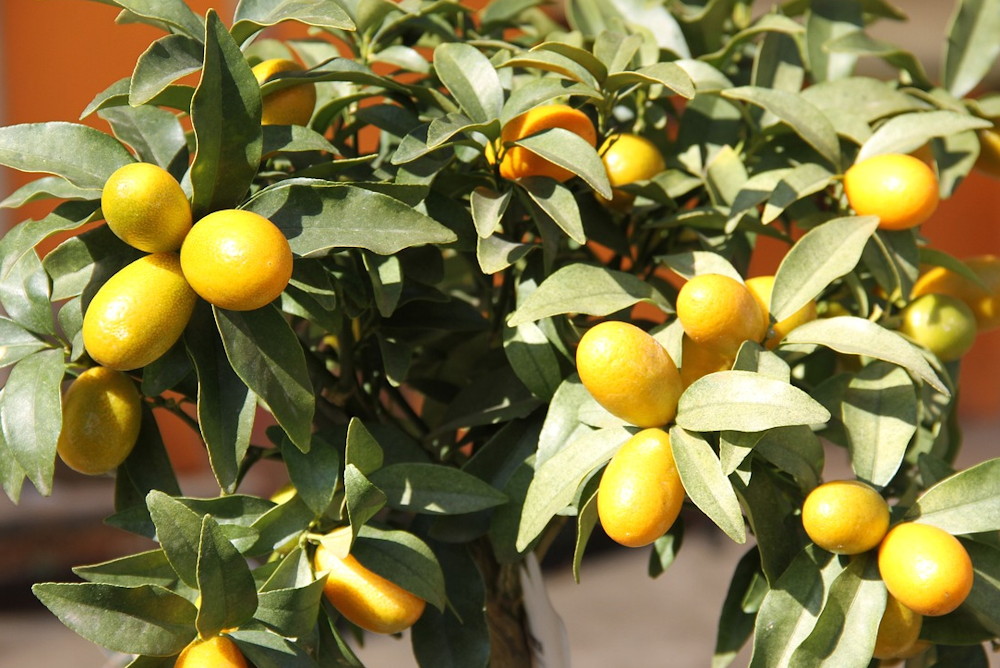
Container Growing Tips
Kumquats make excellent container plants, allowing gardeners in cooler climates to enjoy them. Here are some care tips:
- Use a well-draining potting mix.
- Ensure the container has good drainage.
- Water regularly, but do not let the soil become waterlogged.
- Place the container in a sunny spot.
- Bring the plant indoors if temperatures drop below freezing.
- Prune to maintain shape and encourage healthy growth.
Culinary Uses
Kumquats can be enjoyed both raw and processed. Here are some ideas for how to eat and use them:
- Raw: Eat them whole as a snack.
- Salads: Add slices to salads for a citrusy punch.
- Marmalade: Make kumquat marmalade or jam.
- Candied: Candy the kumquats for a sweet treat.
- Chutneys: Create chutneys for a tangy condiment.
- Cocktails: Use them as a garnish or ingredient in cocktails.
- Baking: Incorporate them into cakes and pastries.
Taste Profile
Kumquats have a unique taste. The skin is sweet, while the flesh is tart, offering a delightful contrast that is both refreshing and zesty.

Interesting Facts About Kumquats
- Kumquats are one of the few citrus fruits that can be eaten whole, skin and all.
- They are often used in Chinese New Year celebrations as symbols of prosperity.
- There are several varieties of kumquats, including the Nagami and Meiwa types.
- Kumquat trees can be used as ornamental plants due to their attractive foliage and fruit.
- The essential oils extracted from kumquat peels are used in perfumes and aromatherapy.
- In addition to being eaten fresh, kumquats can be used to make wine and liqueurs.
Kumquats are a remarkable fruit, offering both aesthetic and culinary delights. Whether you are a gardener looking to cultivate them or a food enthusiast eager to experiment in the kitchen, kumquats provide a wealth of possibilities. Enjoy the journey of discovering and savoring this golden gem of the citrus family.





